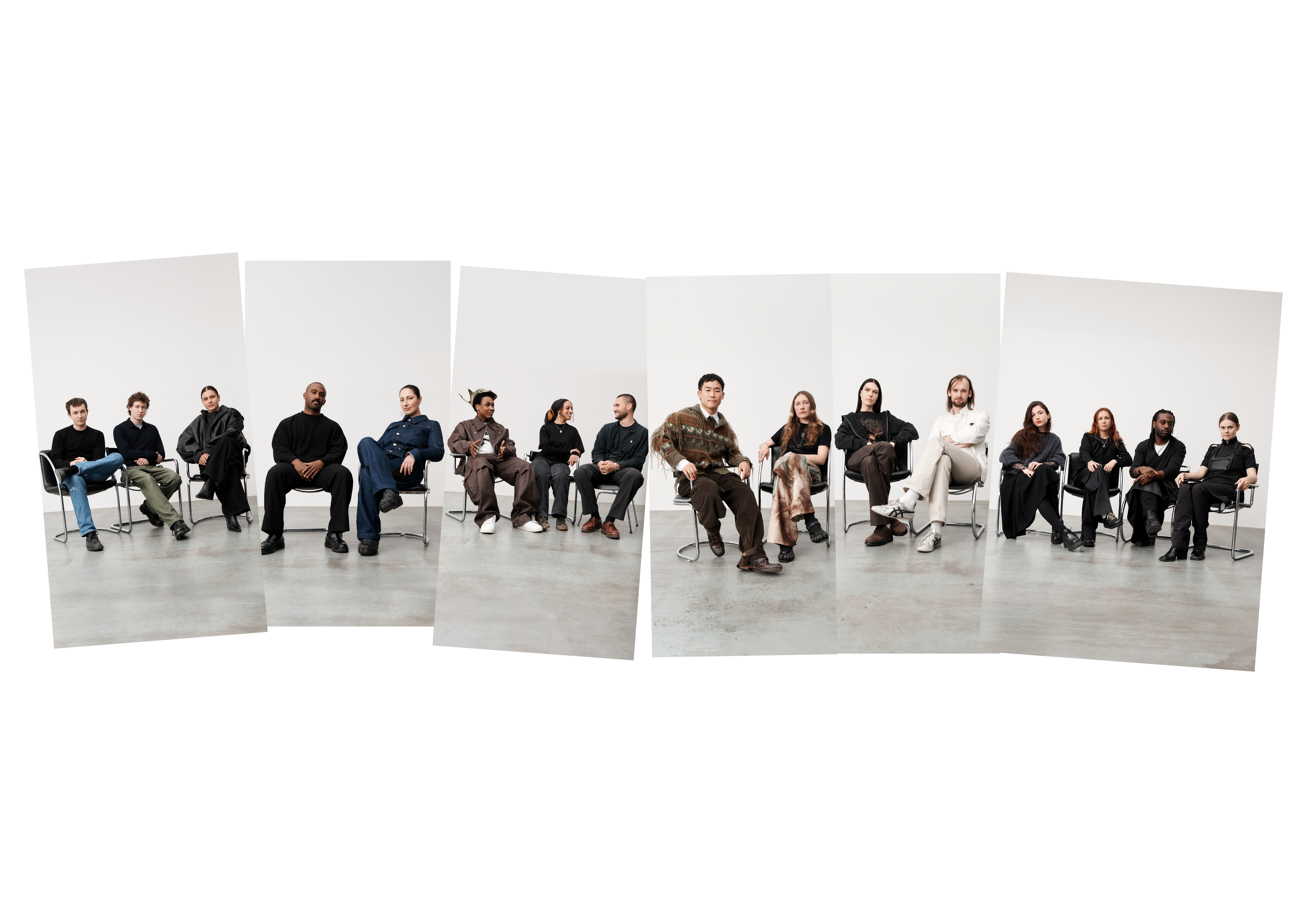
Just Because... | May 16, 2025
SWAG from SWANA

What's on? | May 17, 2025
Springtime Cultural Servings pt.2

because we're obsessed | May 2, 2025
Eau So British - Penhaligon’s Opens Its Archive Up To London


Fashion in Film Festival 2025
The multi-media festival returns with a landmark environmental film showcase
Presenting 'Grounded: Fashion's Entanglements with Nature', the Fashion in Film Festival offers a curated series of cinema screenings that seek to respond to the thematic questions raised by the central topic. This year, the festival's programme confronts fashion's connection to nature, presenting nuanced and curious approaches from a multitude of films spanning the 20th century to our present moment.
While the intersection of fashion and film might conjure images of ‘The Devil Wears Prada’, ‘Clueless’, or other blockbuster features about ballbuster women decked in designer, the Fashion in Film Festival (FFF) explores the more subtle ways the two mediums intersect. Since its inception in 2006, the FFF has used cinema as a lens to examine the complex and intricate ways fashion engages with its social, political, economic, and environmental contexts. Taking a thematic approach, each festival centres a particular topic, with the programme curated in response to the chosen theme. Previous themes include ‘If Looks Could Kill’, which examines the links between fashion, crime, and cinema; ‘Wearing Time’, which explores the connections between time, fashion, and cinema; and this year, the FFF presents its 8th edition, showcasing ‘Grounded: Fashion’s Entanglements with Nature’. This season interrogates the complex relationship between fashion and nature, prompting a look into the nuances of the ecological crisis as well as how fashion and nature have coexisted more harmoniously across folklore and native practices.
‘Grounded’ represents an expansive union of fashion and film’s explorative qualities, yet the programme, curated by FFF co-founder Marketa Uhlirova and Editor-in-Chief of Archivist Addendum Dal Chodha, extrapolates this initial concept into five distinct yet overlapping themes: ‘From the Ground Up’, ‘Uncommon Ground’, ‘Otherground’, ‘Shaky Ground’, and ‘Ancestral Ground’. These themes provide a nuanced space to investigate fashion, nature, and film, rejecting the confines of the current narrative that positions fashion and nature in direct opposition. Of course, it is essential to acknowledge the impact the fashion industry has on our climate. However, the festival also emphasises the human connection to the natural world, rejecting an overly precious separation between the two and promoting a productive vision that acknowledges the similarities and how they can support the protection of a world often portrayed as distinct from ‘our own’.

In a first for the FFF, the 2025 season will be backed by the BFI, kicking off the programme in London from 20th May to 1st June, hosted across several iconic cinema venues around the city, including the Barbican, Genesis, and Rio Cinema, among others. Over 80 films, spanning the early 20th century to the present day, will respond to the thematic metric, featuring projects from more than 20 countries by talented filmmakers such as Janie Gesier, Ogawa Collective, Mark Jenkin, and John Akomfrah, to name a few. It’s no small feat to wrangle with a topic as grand as our own climate. Approaching it with consideration and curiosity, co-curators, Uhlirova and Chodha stated, ““we wanted to take the idea of ‘curating’ back to its original meaning, which is caring for something or tending to something. We have tended to our films like gardeners tend to trees, trying to grow new branches of thought as well as some hope for the future”.
Illuminating an undeniable connective tissue between fashion and nature, the festival boldly engages with both the light and dark effects of this intertwined relationship, resulting in a programme that serves as an antidote to the echo chambers of wholly positive or negative creative responses. A truth commonly acknowledged is that the day you plant the seed is not the day you eat the fruit. For the Fashion in Film Festival, this programme serves as fertile ground for a variety of creative outputs and ideas, with hopes that they will take root and flourish in both positive and proactive ways. Opening from May 20 to June 1, the FFF will take place across London before continuing to the South West of England and Scotland throughout September.